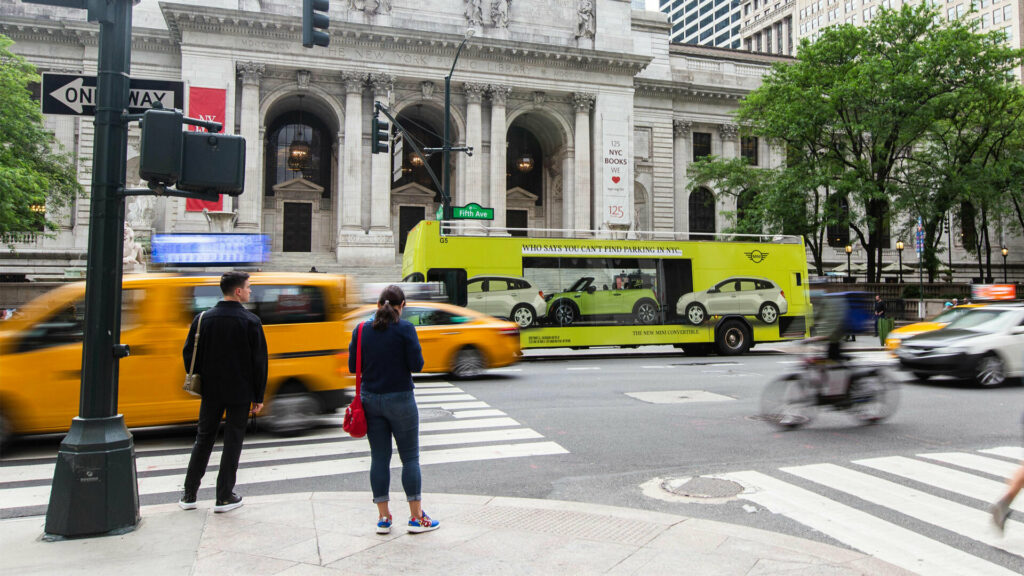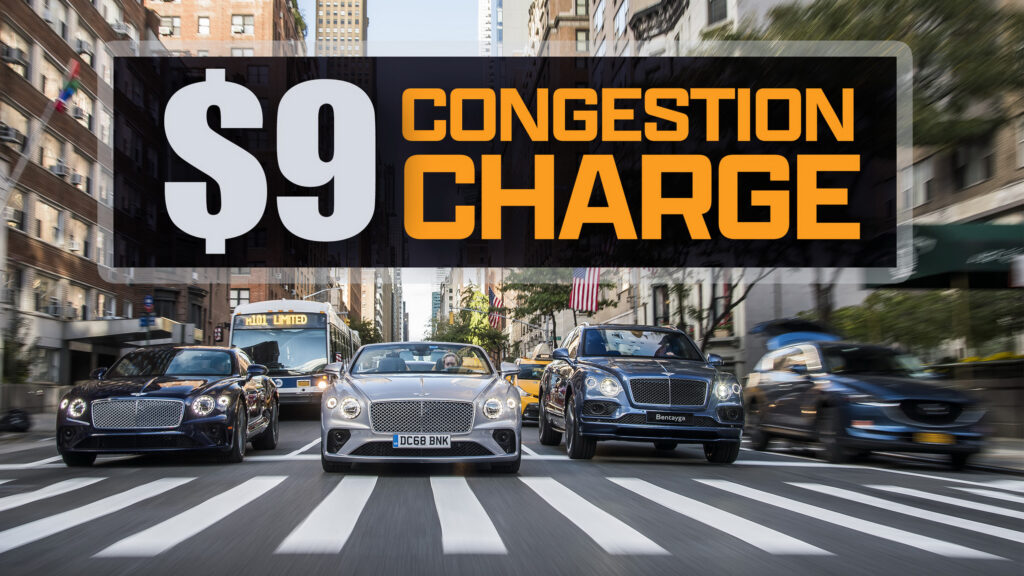- New York City’s congestion charge is back and is now slated to take effect on January 5.
- Prices have been slashed and the daytime rate for cars will be $9 instead of $15.
- Officials believe the fee will reduce traffic, improve air quality, and help fund projects.
New York City’s $15 congestion charge was slated to go into effect on June 30, but New York Governor Kathy Hochul indefinitely paused the controversial fee weeks before being enacted. Unfortunately for drivers, it’s not dead.
Quite the opposite, as Hochul announced the congestion charge is now slated to be implemented at midnight on January 5. When it goes into effect, drivers entering the Central Business District (CBD) will have to pay $9 for cars and $4.50 for motorcycles. Small trucks and non-commuter buses will be hit with a $14.40 fee, while large trucks and sightseeing buses will need to fork over $21.60. That’s not cheap, but there will be nighttime discounts of 75%.
More: New York City’s $15 Congestion Charge Indefinitely Paused
Even New Yorkers who don’t drive or own a car will likely be impacted as taxis will be charged $0.75 for all trips to, from, or within the CBD. For Uber and Lyft, that fee increases to $1.50.
While the congestion charge could cost drivers who work in the CBD around $2,340 annually, some drivers may be eligible to receive discounts, credits, and exemptions. In particular, there will be a low-income discount and a disability exemption.

In a statement, Governor Hochul said: “A $15 toll was just too high in this economic climate. That’s why our plan cuts the daytime toll to $9 for cars. This lower toll will save daily commuters nearly $1,500 annually, and that kind of money makes a big difference for our families.” She added that “By getting congestion pricing underway and fully supporting the MTA capital plan, we’ll unclog our streets, reduce pollution and deliver better public transit for millions of New Yorkers.”
The congestion charge will help raise $15 billion “over time” and fund Metropolitan Transportation Authority improvements and expansions, while also reducing traffic and improving air quality. According to administration estimates, there will be a 5 percent reduction in vehicle miles traveled and 10% less vehicles entering the Central Business District once the toll takes effect.




